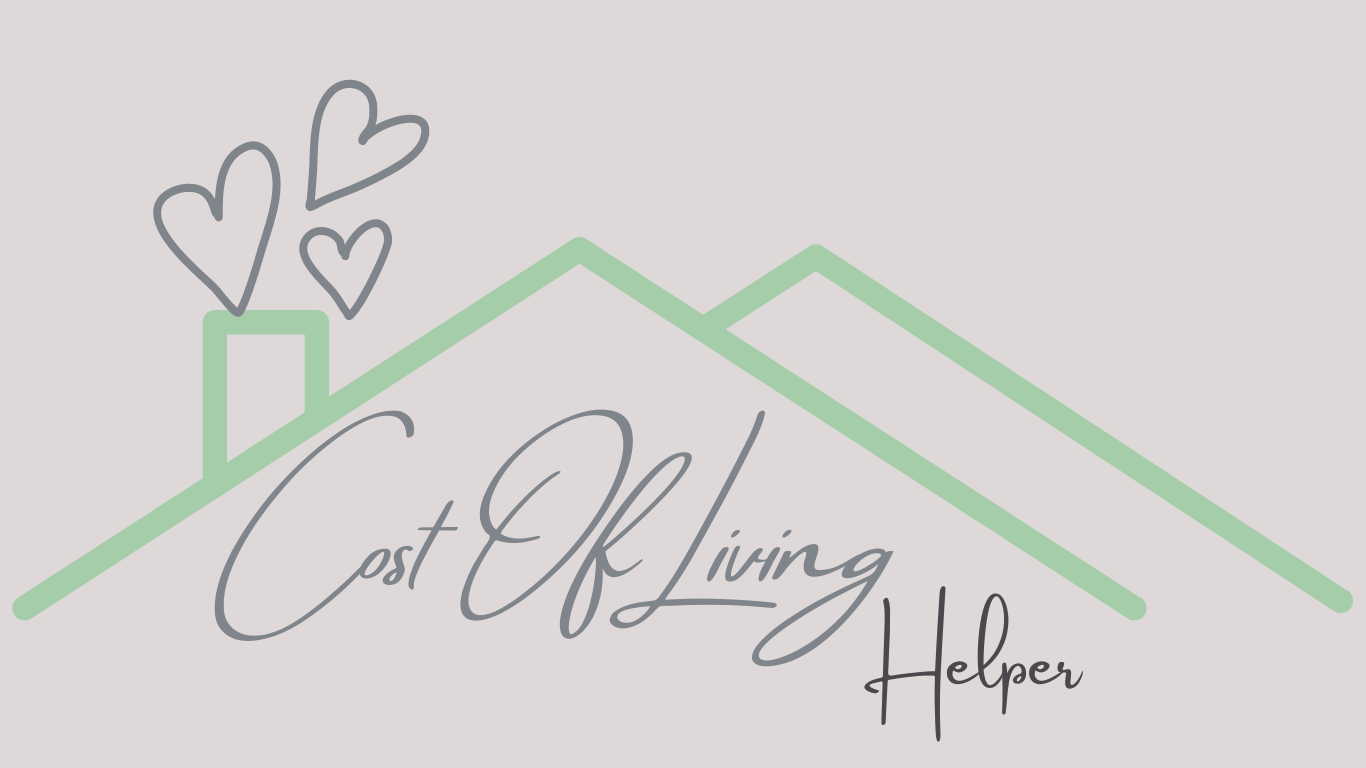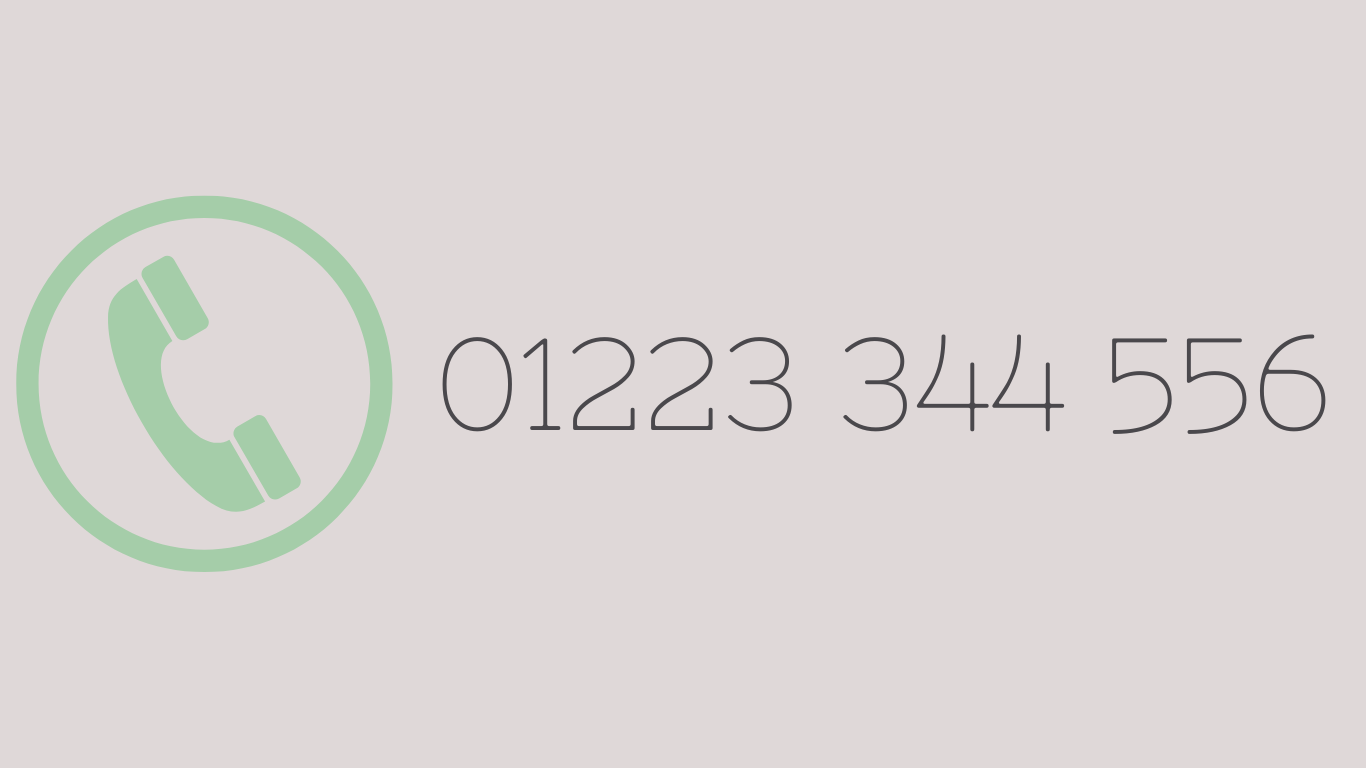Did you know that benefits are not just for those out of work? 41% of
universal credit claimants are actually in employment.
If you or someone in your household is disabled you may be entitled to additional benefits.
To the right are some of the benefits you may be able to
claim

Find out if you might be entitled to
benefits via the entitled to website: https://www.entitledto.co.uk/
Universal Credit is a modern benefits system for people in work, looking for work or unable to work. It brings together six older benefits and helps make sure you’re getting the financial support you are entitled to in one place.
It adapts to your life too – for example, if you’re claiming Universal Credit and find yourself out of work unexpectedly, your Universal Credit payment will adjust automatically to support you. And if you want to take on more work, you may still be eligible for Universal Credit to make it financially worthwhile.
Child Benefit is money paid to parents or other people who are responsible for bringing up a child who is;
- under 16
- under 20 if they stay in approved education or training
Only one person can get Child Benefit for a child, there’s no limit to how many children you can claim for. By claiming Child Benefit, you can get:
- an allowance paid to you for each child - you’ll usually get it every 4 weeks
- National Insurance credits which count towards your State Pension
- a National Insurance number for your child without them having to apply for one - they’ll usually get the number shortly before they turn 16 years old
If you choose not to get Child Benefit payments, you should still make a claim to get the other advantages.
Housing Benefit can help you pay your rent if you’re unemployed, on a low income or claiming benefits, it is being replaced by universal credit but you may still be eligible if;
- you have reached State Pension age
- you’re in supported, sheltered or temporary housing
Your local authority will have a scheme to help people on low incomes with their council tax, usually called Council Tax Reduction or Council Tax Support. The amount of help you get will depend on your local authority.
Council Tax Reduction is paid by your local authority (council) so you should contact them for a claim form. The amount you get will depend on your circumstances and how much council tax you pay. If you are awarded Council Tax Reduction it will not affect any other benefits you are claiming.
Pension Credit gives you extra money to help with your living costs if you’re over State Pension age and on a low income. Pension Credit can also help with housing costs such as ground rent or service charges.
You might get extra help if you’re a carer, severely disabled, or responsible for a child or young person. Pension Credit is separate from your State Pension, you can get Pension Credit even if you have other income, savings or own your own home.
Personal Independence Payment (PIP) can help with extra living costs if you have both:
- a long-term physical or mental health condition or disability
- difficulty doing certain everyday tasks or getting around because of your condition
You can get PIP even if you’re working, have savings or are getting most other benefits. There are 2 parts to PIP:
- a daily living part - if you need help with everyday tasks
- a mobility part - if you need help with getting around
Whether you get one or both parts and how much you get depends on how difficult you find everyday tasks and getting around.
You could get £76.75 a week if you care for someone at least 35 hours a week and they get certain benefits(such as PIP or DLA).
You do not have to be related to, or live with, the person you care for.
You do not get paid extra if you care for more than one person.
If someone else also cares for the same person as you, only one of you can claim Carer’s Allowance.
Attendance Allowance helps with extra costs if you have a disability severe enough that you need someone to help look after you
It’s paid at 2 different rates and how much you get depends on the level of care that you need because of your disability.
You could get £68.10 or £101.75 a week to help with personal support if you’re both:
- physically or mentally disabled
- State Pension age or older
It does not cover mobility needs. The other benefits you get can increase if you get Attendance Allowance. You do not have to have someone caring for you in order to claim.




